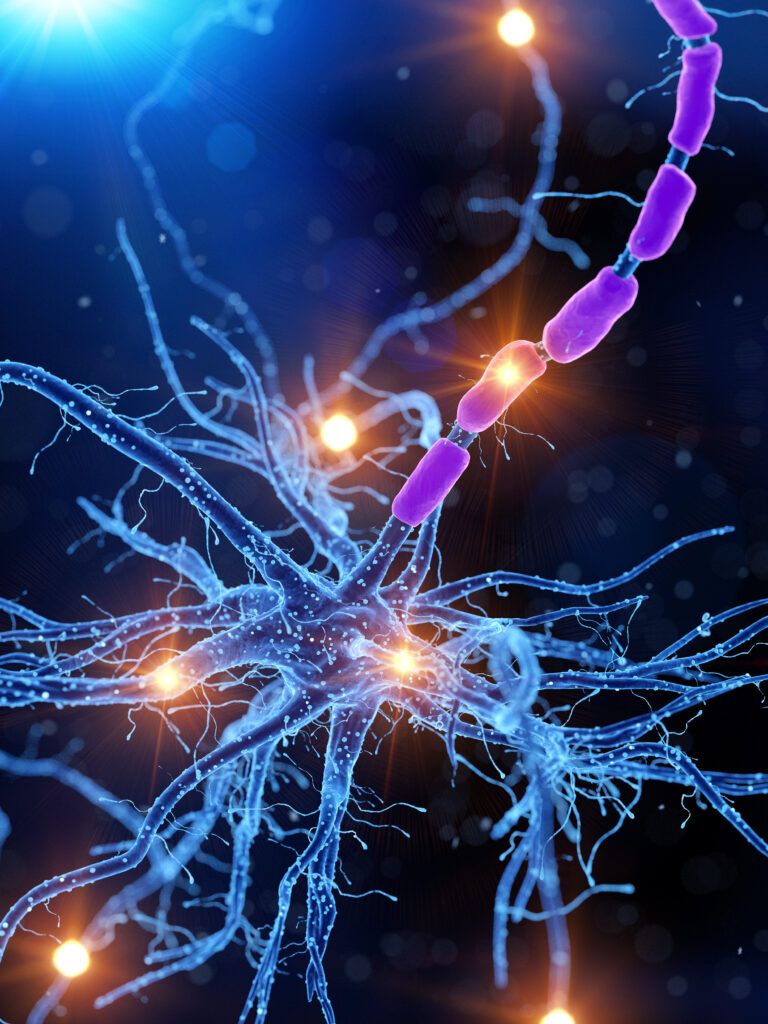Peaches are a delicious and juicy fruit that many people enjoy eating during the summer months. Not only are they a tasty snack, but they also offer numerous health benefits. Recently, there has been a lot of buzz surrounding the potential of peaches to help prevent dementia. But is there any truth behind this claim? In this article, we will delve into the research and explore whether or not eating peaches can truly help prevent dementia.
What is Dementia?
Before we get into the potential benefits of peaches, let’s first understand what dementia is. Dementia is not a specific disease, but rather an umbrella term used to describe a decline in cognitive function. This decline can affect memory, thinking, behavior, and the ability to perform daily tasks. Alzheimer’s disease is the most common form of dementia, accounting for 60-80% of cases.
Dementia is a progressive condition, meaning it worsens over time. It can greatly impact a person’s quality of life and their ability to function independently. Currently, there is no known cure for dementia, making prevention all the more important.
The Link Between Diet and Dementia
Research has shown that our diet plays a significant role in our brain health and may have an impact on our risk for developing dementia. A diet high in processed and sugary foods has been linked to an increased risk of cognitive decline and dementia. On the other hand, a diet rich in fruits, vegetables, whole grains, and healthy fats has been associated with a lower risk of dementia.
One specific type of fruit that has been garnering attention for its potential role in preventing dementia is peaches. So let’s take a closer look at what makes peaches so special.
The Nutritional Profile of Peaches
Peaches are not only delicious, but they are also packed with essential nutrients. One medium-sized peach contains 10% of your daily recommended intake of vitamin C, which is important for the growth and repair of tissues in the body. They also contain vitamin A, potassium, and fiber.
But what makes peaches stand out is their high antioxidant content. Antioxidants are substances that protect our cells from damage caused by free radicals. Research has shown that free radicals can contribute to the development of neurodegenerative diseases such as dementia.
Peaches are particularly rich in two types of antioxidants – phenolic compounds and carotenoids. Phenolic compounds have been found to reduce inflammation and protect against oxidative stress, both of which are linked to dementia. Carotenoids, on the other hand, have been shown to improve brain function and memory.
Peaches and Brain Health
Now that we understand the potential benefits of the nutrients found in peaches let’s explore how they may help prevent dementia.
In a study published in the Journal of Agricultural and Food Chemistry, researchers found that extract from peach flesh inhibited the formation of beta-amyloid plaques in the brain. Beta-amyloid plaques are a hallmark characteristic of Alzheimer’s disease and are thought to play a role in the development of the disease.
Another study published in the Journal of Neuroscience suggests that the phenolic compounds found in peaches may have a protective effect on brain cells. The study found that these compounds may reduce inflammation and prevent cell death in the brain, which could potentially slow down cognitive decline.
It is important to note that these studies were conducted on animals, and further research is needed to determine if the same effects can be seen in humans. However, these findings are promising and suggest that peaches may have a role to play in protecting our brains from dementia.
Other Ways Peaches May Benefit Brain Health
Aside from their potential ability to prevent dementia, there are other ways that peaches may benefit brain health.
Blood Pressure Control – High blood pressure is a risk factor for dementia, and peaches are a rich source of potassium. Potassium has been shown to help lower blood pressure, which may, in turn, reduce the risk of dementia.
Reduced Risk of Stroke – Strokes can damage the brain and increase the risk of developing dementia. Peaches contain anti-inflammatory compounds that have been found to reduce the risk of stroke.
Weight Management – Maintaining a healthy weight is important for overall health, including brain health. Peaches are a low-calorie and nutrient-dense fruit, making them a smart choice for those looking to manage their weight.
Incorporating Peaches into Your Diet
Now that we’ve explored the potential benefits of peaches for brain health, you may be wondering how to incorporate them into your diet. Here are a few tips:
Choose fresh, ripe peaches when they are in season. They are at their peak flavor and nutritional content during this time.
Add them to your breakfast by slicing them over oatmeal or incorporating them into a smoothie.
Use them in savory dishes such as a peach salsa, or grilled peaches with chicken or fish.
Make a healthy peach dessert by grilling them and serving with a dollop of Greek yogurt and a drizzle of honey.
Conclusion
While more research is needed to fully understand the potential impact of peaches on preventing dementia, their high antioxidant content and other beneficial nutrients make them a wise choice for brain health. Incorporating peaches into a well-balanced diet, along with regular exercise and other healthy lifestyle habits, may help reduce the risk of developing dementia. So go ahead and indulge in this delicious summer fruit – your brain will thank you!





